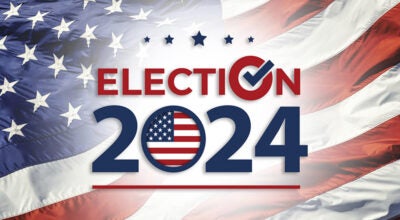Expand investing into foreign markets
Published 12:00 am Tuesday, October 12, 2010
In less than two weeks, United Nations Day will be celebrated. It’s an occasion to highlight and reflect on the work of the United Nations, whose mission is to promote understanding and cooperation among the world’s countries. Of course, in an era of instantaneous communications and speedy global travel, we are all connected much more closely than ever before. And that’s certainly true in the financial markets, too, because as an investor, you’ve got a world full of opportunities.
Many people, however, still think the U.S. totally dominates the investment scene.
And that should come as no surprise to you when you consider many of the products you use on a daily basis, from the Hyundai (South Korea) you drove to work to the Nestle Crunch bar (parent company in Switzerland) you snacked on at lunch to the Sony television (Japan) you watch at night. Not only are many strong companies based in the developed countries, but some emerging markets countries such as China, India, Brazil and Mexico that are characterized by younger, less mature economies are growing rapidly, which may produce good investment opportunities. Securities may be less liquid and more volatile because economic structures are generally less diverse and mature.
And by investing internationally, you can gain another key benefit improved diversification. If you only invested domestically, and a downturn hits us, your portfolio will likely take a hit.
.While you can gain some benefits by investing internationally, you’ll also need to consider the risks, such as political risk. For example, new governments can come in, nationalize companies, drastically change policies or rules affecting commerce, or take other actions that could have a big effect on your investments.
You might also encounter currency risk — that is, changes in the value of the U.S. dollar, relative to foreign currencies, could negatively affect the value of your investments. Another factor to consider is the difference in accounting standards between the U.S. and other countries, a difference that can result in difficulty analyzing the true value and performance of foreign investments.
Also, given the more complex issues involved in international investing, you’ll want to consult with a professional financial advisor before taking action. But once you’ve done your “due diligence,” don’t be afraid to launch your voyage to the world of international investing. You might like what you see on your journey.
Bill Greenwald




